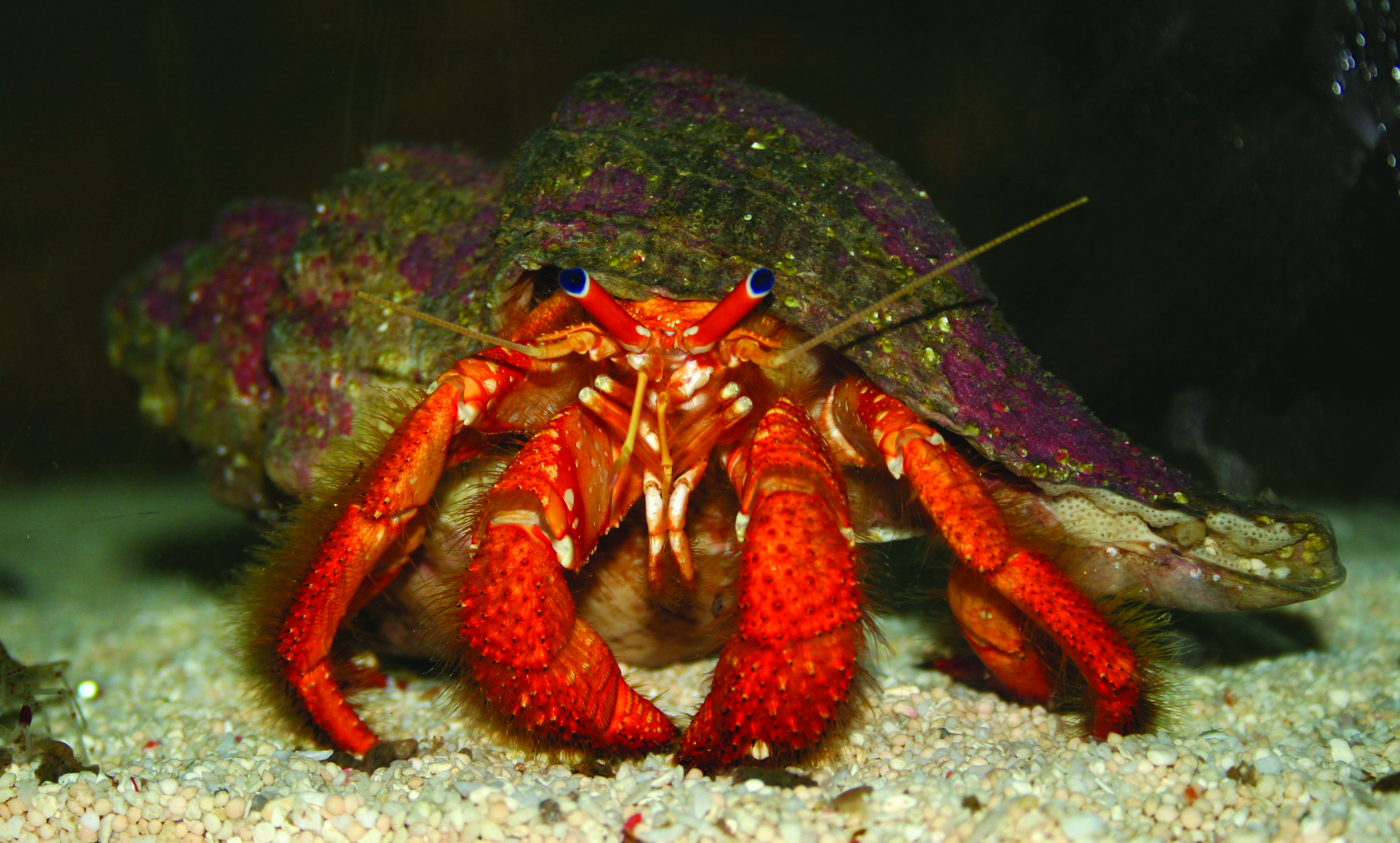Literacy
The big book
Using magazines, postcards, old posters and newspaper clippings related to marine and freshwater, create a 'Big Book' about a watery environment. Use pictures from the book to create stories.
Poetry in the Sea
What is a rhyme? Match up the rhyming words below or make up your own list. When finished, stick them onto poster paper with the rhyming words together. Write a poem about the sea incorporating the rhyming words. Make up rhyming sentences with the words e.g. “The beach is the best place to teach”
| Beach | Ocean |
| Remote | Marine |
| Swam | Teach |
| Motion | Tail |
| Real | Fishes |
| Save | Seal |
| Wishes | Wave |
| Boat | Whale |
| Began | Scene |
Dreaming stories
Dreaming stories tell of ancestor spirits who created the land, water and everything on it. Choose a local landscape or individual animal and research the traditional stories from where you live.
Grouping
Use cut out pictures to create groups of animals such as: fast/slow, vertebrate/ invertebrate, carnivore/ herbivore, mobile/sessile, shell/ no shell. Discuss reasons for grouping: how it helps organisation and understanding- classification
Celebrity Head
Attach pictures or names onto person's shoulder/back so they can't see what it is. They can ask closed questions (answer yes or no) to identify which animal they are. e.g. Do I have fins? Do I have a big foot? Am I camouflaged?
Create funny stories or jokes to explain.....
Why don't whales walk? Do cow fish moo?
Do fish sleep? Why is the sea blue?
How does a Golden Perch perch? Where did the wobbegong get its name?
Who am I?
Choose an animal and read out the clues for each animal and have them guess the animal’s identity. use the ones below to get you started then make up your own clues and share with the rest of the class or family.
I swim, I have fur, I breathe air, I have whiskers, I eat fish (I am a seal)
I hide in the rock pools, I can change colour, I come out at night and hide in the day, I can squirt ink, I have eight tentacles (I am an octopus)
My mouth is small and under my body, I can stick to rocks, I live in a rock pool, I have five arms (I am a sea star)
Read
‘A House for hermit crab’ by Eric Carle. Write a “house to rent’ or ‘house for sale' advertisement for a new shell or habitat. Identify how different plants and animals inhabit different kinds of environments and have external features that help them survive. Explore and discuss the common elements of good homes and the reasons that people and animals live in so many different types of homes.

Marine News
Produce a class newsletter with research and information gained from your memories of going to the beach or a river or a past excursion to an aquarium or look up different websites to take a virtual visit to an aquarium..
Headlines could include:
Our visit to the Marine and Freshwater Discovery Centre
Exclusive interview with a Sea Star
A Day in the Life of a Limpet
Stories and lets debate!
Write a fictional story written from the point of view of an animal: A whale’s response to over fishing of their food; A turtles’ response to drift nets; A sea star's response to its rock being left upturned on a rock platform
Write an opinion piece about a topical issue: Marine protected areas in Victoria; Introduced species; resort development near marine protected areas; plastic pollution
Hold a debate regarding a contentious marine issue (see topic ideas above). Divide into different user groups. Each group must present their case as either the the affirmative or the negative team
Examples of user groups – surfers, dog walkers, commercial and recreational fishers, divers, bird watchers etc.
Ocean Poetry
Students write a piece of poetry based on an animal they observed during a visit to the Marine and Freshwater Discovery Centre or an animal they have researched. Draw a picture of an animal and fill the outline with descriptive, acrostic or alliterated stanzas
